More Without Food Stamps
SNAP (Supplemental Nutrition Assistance Program) benefits, commonly known as food stamps, are a critical resource for 46.5 million Americans across the US. They provide a reliable source of money that can be spent at grocery stores and farmers markets to buy fresh, healthy groceries. Not only do they alleviate financial pressures faced by low-income households, they also increase food security for recipients. Food security, simply put, is having reliable access to a sufficient amount of affordable, quality, nutritious food. In food bank terms, food security is what is missing when individuals require our services.
On January 1st, 23 states across the US re-imposed a 3-month time limit on SNAP benefits for able- bodied adults without dependents (ABAWDs) who are unemployed or under employed. These cuts are projected to affect up to 1 million individuals across the US. While this regulation may seem like a basic incentive for recipients to find work, it places additional pressures on an already vulnerable population—one that often isn’t eligible for other forms of public assistance. The severity of this regulation doesn’t take into account individuals who are actively looking for jobs, work less than 20 hours per week, are homeless, veterans, ex-offenders, or those struggling with addiction or mental health. It also doesn’t allow leeway for those who are on wait lists for job-placement programs, which are often oversaturated and can take months to be accepted.
This new time limit has serious implications for social service agencies, especially food banks. Many of our food guests at RVFB rely on SNAP benefits, but often find it difficult to stretch them through the month. Now that it’s April, we expect to see a steady increase, as individuals attempt to make ends meet without government assistance. As we roll into the first round of cuts, we will be relying more than ever on food and cash donations from our community. With your help we will do our best to make sure the 35,000 King County individuals affected by these cuts won’t fall through the cracks.


